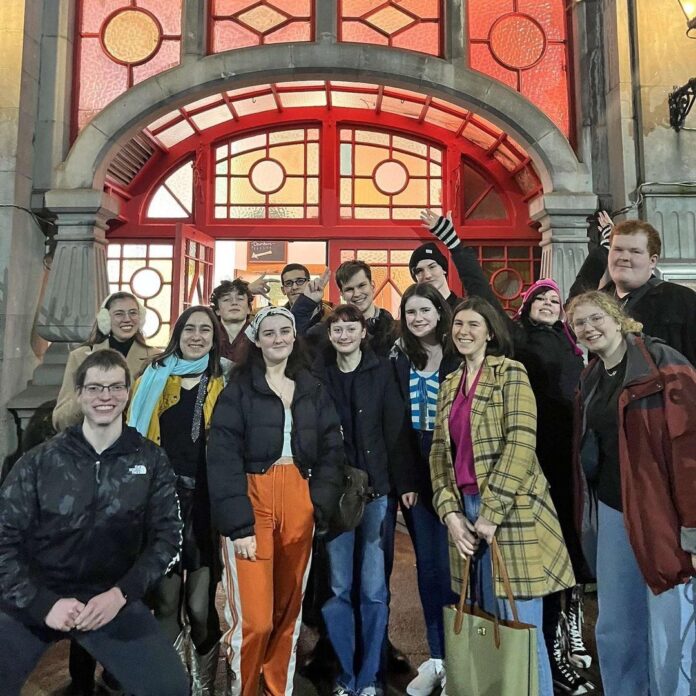
CELEBRATING more than 50 years treading the boards, the Drama Society at the University of Limerick has been setting the gold standard for inclusion, inviting students from all backgrounds and walks of life to get in on the play.
That’s according to vice treasurer Rory Butler, who explains that the society has a thriving international student membership.
One international student, Siddhart Prince, recalled a nerve-wracking first night with the society as only one of two people from India in attendance. He described that first night as “personally a bit awkward” but said that by the night of the big show that “it really felt like we’ve really built something from the ground up.”
Drama Society chairperson Eoin Gilmartin celebrates the group’s multicultural membership, saying that “there are so many cultures of theatre all over the world and so many different types of theatre, it’s great to have a kind of cultural perspective from everywhere.”
The focus is on talent, everything else is secondary, including language and cultural barriers.
“When we’re choosing a play, we try to choose one that does not have (a level of) English that might be a bit too complicated for international students,” says events officer Christina Latysheva.
Eoin says there is a deep understanding and honouring of backgrounds and, rather than seeing language and cultural differences, encourages the society to lean into them.
One of his biggest ambitions for the society came to pass this past week, something Eoin describes as “a sort of culture showcase night where we offer people the opportunity to perform on the stage to a crowd in their own language. Just to showcase to everyone how much talent there is in the society, first of all, but also from all of these different people coming in from all the different countries.”
The Drama Society’s culture night was celebrated on October 11 and saw both Irish and international students perform pieces in their own native languages.
The society chairperson said that he hopes the night would also be an education in their own native cultural heritage for Irish people, who he claims “tend to not be too familiar with the Irish theatre. You have your plays in Irish and your things in Irish that you do in in secondary school, but people don’t really tend to think about them too much afterwards.”
Asked about what comes next for the society in its inclusivity journey, Eoin says that he has an idea for a feminist night – or “femininomenon” – in a similar vein to the culture evening. Others have expressed ideas around taking steps to cater in the society for neurodivergent people.
Overall, the group say that, for them, inclusivity is about listening: “We want more ideas. If people wanted to give them to us, we would take them”.
This story is part of the Tell Your Own Story (TYOS) project. Published monthly, in collaboration with the Limerick Post, TYOS shares the stories of Limerick people of all backgrounds and abilities in the hopes of encouraging unity in diversity. For more information, visit tyos.ie.









